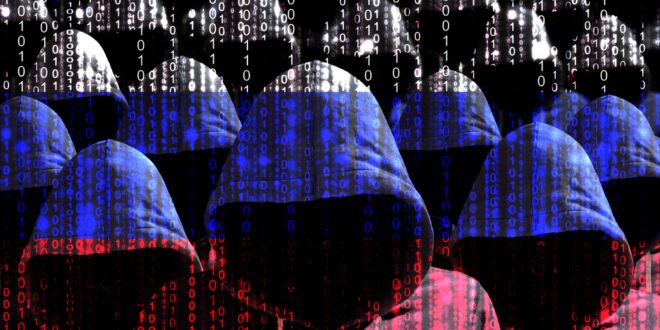In recent months, a number of digital attacks, many linked to Russian-backed groups, have doubled in European countries amid the elections in the EU Parliament, according to an EU’s top cybersecurity official, as per Associated Press.
Juhan Lepassaar, the head of the EU Agency for Cybersecurity, said that the attacks with geopolitical motives have risen since Russia launched its war against Ukraine two and a half years ago. Currently, the attacks have also been targeting election-related services.
For the past months, the agency has conducted exercises to toughen the resilience of election-related agencies in the EU. In a report for 2023, it noted a surge in ransomware attacks and incidents targeting public institutions.
Lepassaar said that attack tools, which were not always successful, were often tried out in Ukraine before being expanded in the EU countries.
“This is part of the Russian war of aggression, which they fight physically in Ukraine, but digitally also across Europe,” he said.Experts also caution that artificial intelligence tools are increasingly being used to rapidly and extensively target Western voters with misleading or false information, including hyperrealistic deepfake video and audio clips.
Earlier, President of the European Commission Ursula von der Leyen said the bloc cannot overlook and overstate that Russia poses an existential threat to Ukraine and Europe during the European Parliament formal sitting on the 20th anniversary of the 2004 EU Enlargement.
The president of the European Commission said that Russia’s victory over Ukraine would not only change the map but would change the course of European history, and the bloc would never be the same. Therefore, it’s vital for the EU to help Ukraine win over Moscow’s occupation troops.
 Eurasia Press & News
Eurasia Press & News


